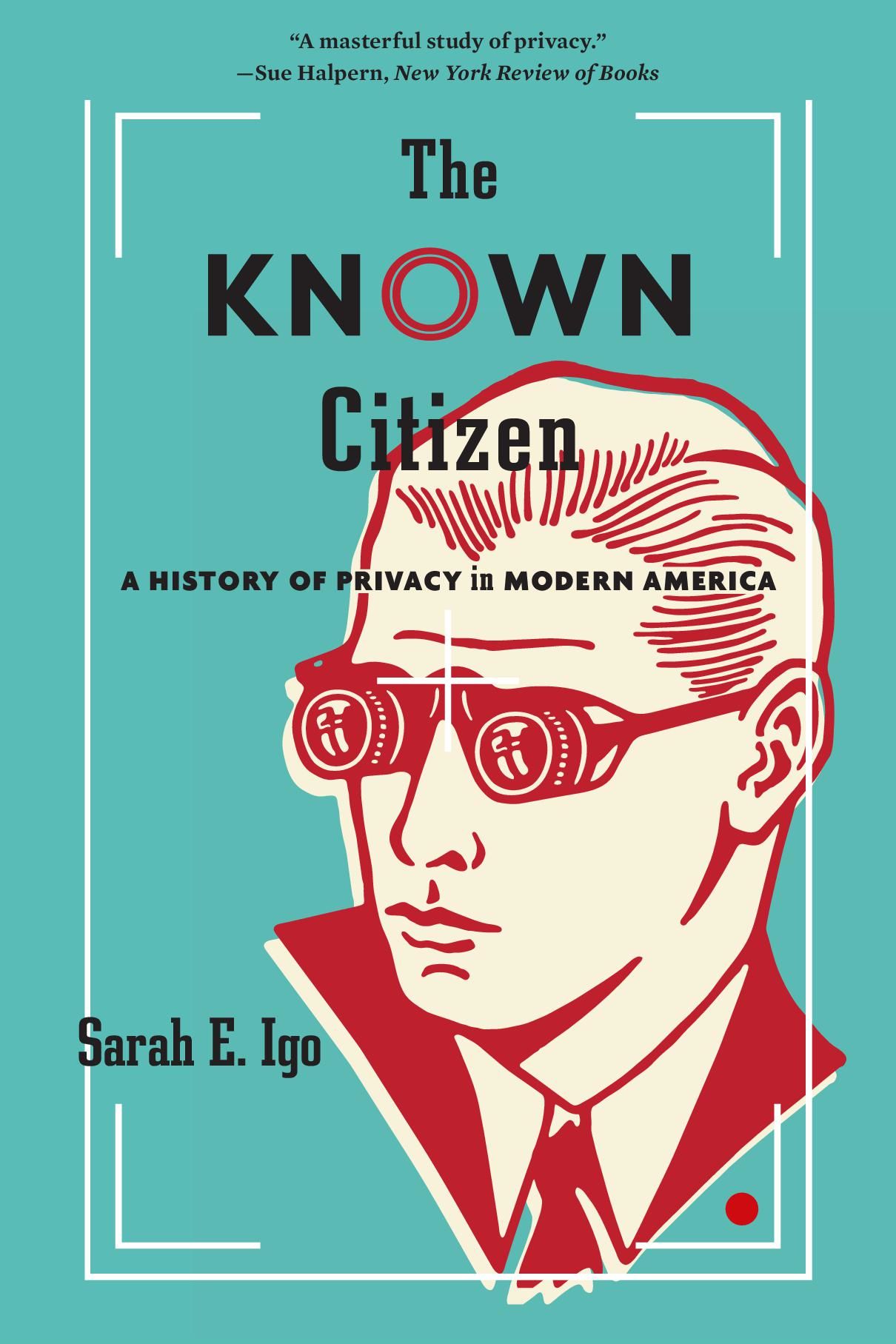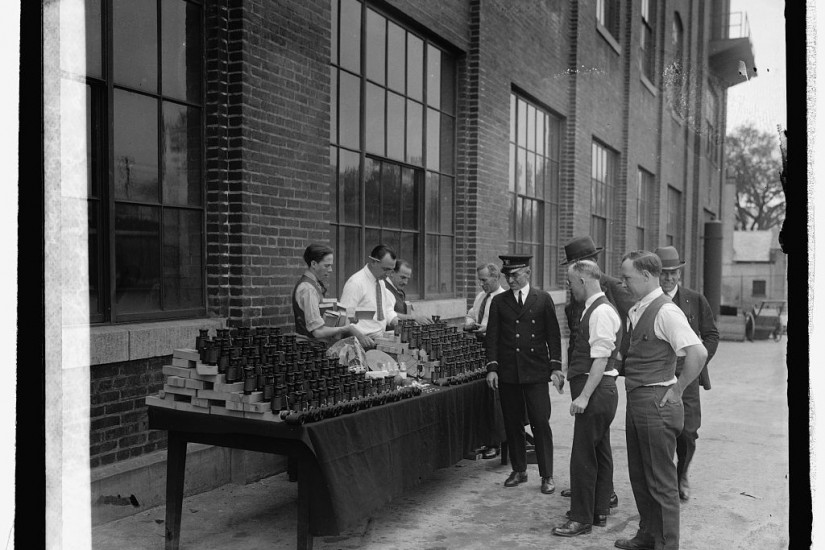Until the last quarter of the nineteenth century—when growing corporate and state power as well as new citizenship claims would press the issue—privacy remained largely dormant as a public language.
At the same time, however, a more fulsome notion of the private sphere and its prerogatives was taking root. It trailed the evolving meaning of the word privacy itself. Privacy had once been considered a form of privation, implied by the Latin privatus and privare. Linked etymologically to selfishness—the love of one’s own private interests—as well as deprivation, the concept was undergoing a slow metamorphosis. Already by the turn of the nineteenth century, privacy carried far more positive connotations, unlike the similar terms of “alienation, loneliness, ostracism, and isolation.” Not simply the condition of being alone, privacy was coming to refer to a set of ideas about personal freedom and individual autonomy, an “inner uncoerced realm.” It denoted an interior sanctuary as much as an exterior, physical one.
This revaluation of privacy was linked to the emergence of the “home”—as distinct from the household or the physical house—as an idealized bourgeois realm of domesticity. Private property and the “affective private life of the family” became tightly linked across the nineteenth century. In architectural forms, prescriptive advice, and individual habits, there was new attentiveness to fortifying the borders between private and public arenas. The walls of the family dwelling symbolized these divisions, physically as well as psychologically. Well-off Victorians took active steps to guard their domestic affairs from prying, inventing back stairs for servants, for example. Etiquette manuals offered elaborate instructions for proper conduct on sidewalks and public thoroughfares, making an implicit but clear contrast to one’s conduct in the familiar, intimate sphere. And young women’s diaries testified to the labor involved in cultivating the private self, understood to be different from the roles one was called on to play in public society.

